
Thinking About Convict Objects, in French Guiana
In the Musée Départemental Alexandre Franconie in Cayenne there is a room dedicated to the history of the French colonial bagne (prison). Among the displays of artwork copied from the paintings of the well-known convict artist Francis Lagrange are a handful of objects made by convict craftsmen. One is by Lagrange himself, a small and […]
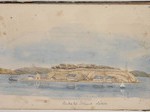
Indigenous Geographies of Carceral Islands
Aboriginal and Torres Strait Islander readers are advised that this post contains images of people who have died. At the Carceral Archipelago’s conference last month we discussed how landscapes around penal institutions could be rendered “empty” in our histories. This conception emerges from archival records in which land and sea are portrayed as “natural […]

The Carceral Archipelago Conference, Leicester 13-16 September 2015
The Carceral Archipelago conference, held in Leicester from 13 to 16 September 2015, felt just like reading over thirty outstanding monographs in two-and-a-half days, getting to know their authors personally, and having the chance to reflect collectively about their mutual entanglements. It was an intense marathon through the burgeoning field of the global history of […]
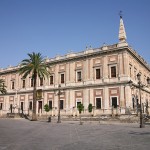
On multi-sited research and mono-sited (nationalist) memory
Addressing convict transportation –the key feature in the Carceral Archipelago project – implies multi-sited research, that is, research in archives located in different places (and countries/continents). Indeed, as convicts were transported from site to site within and beyond the borders of empires and nation-states, they left traces in official records presently held in repositories across […]
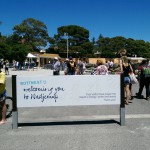
(In)visible Aboriginal Convict Heritage on Rottnest Island
In modern day Australia there are two key heritage ‘issues’ that are addressed in completely different ways – firstly, convict heritage; secondly, histories of aboriginal contact and conflict with European settlers. I will explore the tensions between the two narratives that emerge in the heritage of Rottnest Island, which held convicted Aboriginals between 1839 and […]

Playing Prometheus: some reflections from Australia
I have had the privilege to visit Australia for the past two months on a research trip thanks to the generous funding of the Menzies Centre for Australian Studies. I’m now a little halfway through my trip and have visited all but one convict sites where large numbers of ‘my’ convict subjects stayed or passed […]

Remembering Exile and Transportation: some thoughts from Cape Town
Before I began The Carceral Archipelago project, my research was loosely centred on the history of Indian Ocean penal settlements and colonies, from the late nineteenth century to the Second World War. I have had the good fortune to work in archives across the region, including in Mauritius, India, the Andamans and Australia, and […]
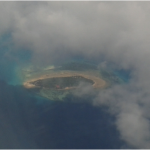
Zanzibar’s Prison Island: The Prison That Never Was, by Sarah Longair
My initial research on peculiar history of Zanzibar’s so-called Prison Island as part of the Carceral Archipelago project began last year delving into the records in the National Archives and the British Library. Relying on Foreign Office correspondence, I was able to piece together some of the original documents of the construction of prison buildings […]
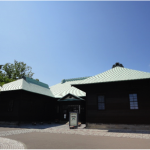
Town Commemorates Convicts, by Minako Sakata
At the end of August, I visited Tsukigata, a small town in Hokkaido where the Kabato Central Prison was located from 1881 to 1919. The town was established in the year when the prison opened, and named after its first director, Kiyoshi Tsukigata. This town has unique sites that show the history of Hokkaido as […]
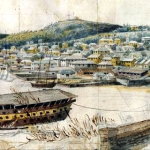
The Convict Hulks of Bermuda
I have long been interested in Bermuda. Like the island that I studied for my PhD thesis, Mauritius, it has no indigenous population. It was settled during the age of European expansion, and developed using indentured servants from Europe and African slaves. In Mauritius the call for a new form of unfree labour in the […]

Recent Comments